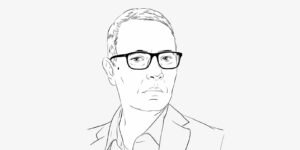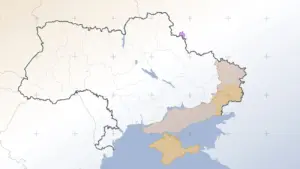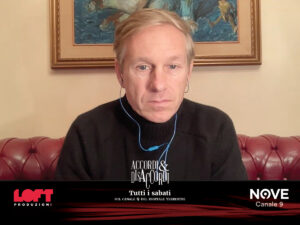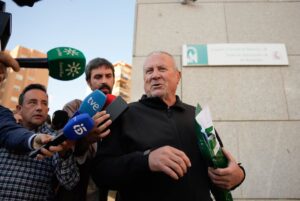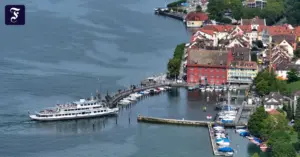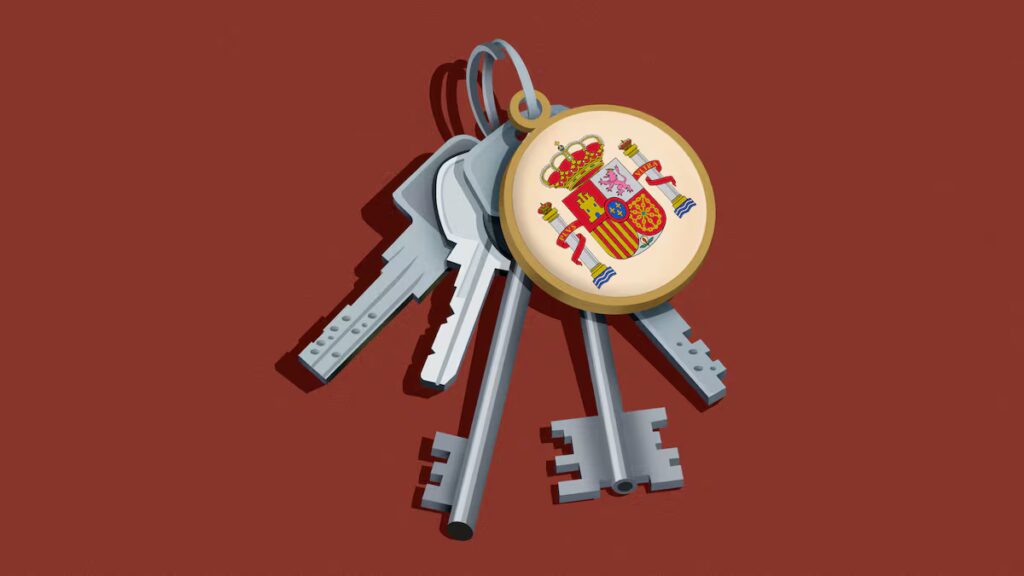
Franco’s regime had essential pillars that allowed four decades of freedomlessness and the all-encompassing rule of an autocrat with fascist roots. For the emergence of a democratic regime it was necessary to destroy these pillars, which still existed inertly after Franco’s death.
The nucleus of Francoism, what actually supported it, was the Africanist army that won the civil war. Its aim was not to defend the territorial integrity of Spain – which no one threatened – but to fight what was called the “internal enemy”. A sort of continuity of the conflict between Spaniards. The army was complemented by the security apparatus. They were trained with an obsession to persecute and use any means, including systematic torture, to repress political opposition to the regime.
The Spanish state born from the war was absolutely isolated from the outside world, even from the closest one, Europe. The defeat of Hitler and Mussolini in 1945 further cornered a regime whose authoritarian personality was head-on in opposition to the liberal democratic ideology of the European countries that won the Second World War.
The Franco regime, as is known, did not have the slightest hint of political plurality. All parties were banned, there were no free elections nor, of course, parliamentary bodies or anything resembling a Constitution guaranteeing the rule of law. The so-called Fundamental Laws were a legal farce, a mere decorative stage for the harshest repression, judicially administered first by military justice and, from 1963, by the Public Order Tribunal, legitimizing prisons and shootings against anti-Franco activists.
Franco’s dictatorship put an end to any semblance of freedom, and with one of the requirements to be able to speak of democracy, freedom of expression. There were no free media, nor, therefore, the possibility of forming a public opinion that could express itself in a plural way. There was therefore no open public debate. The rule, during much of the regime, was preventive censorship of any cultural expression, making an informed civil society capable of freely structuring itself impossible.
And, above all, in the context of Francoism, the Caudillo, solely responsible “before God and before history”. The Generalissimo dominated every political decision in our country for forty years. He was given all powers: legislative, executive and the right to pardon, and directly controlled armed forces adequate to his needs. This accumulation of power explains the obstacles of the Spanish economy, which began with autarky, and continued with a disorder that lasted until the end of the dictator. Only 20 years after the Civil War did the Republic’s standard of living begin to recover.
This is the view that persisted until 8pm. The dismantling of Francoism had, therefore, to combat the pillars built by the regime to make it disappear. In my opinion, there are five fundamental elements without which the liberal democracy that Spain is today could not have seen the light in the times and in the non-violent way in which it did so in the years following November 20, 1975. They would therefore constitute what we can call the foundations of the Spanish State, which, according to the 1978 Constitution, is social, democratic and governed by law.
The first of the foundations of the transition to Spanish democracy was laid by the anti-Franco men and movements during the regime. Without the mobilizations prior to 20-N, carried out above all by the left – but not only – the failure of the far-right regime and the democratic transition simply would not have existed as such. The anti-Franco mobilization during the transition was structurally essential to achieve the break – and not just the reform – of the authoritarian regime. This did not disappear instantly with Franco’s death. Without the social mobilization after 20-N there would have been no political change.
The second pillar of the transition towards democracy can be summed up in one word: Europe. Spanish society looked abroad and saw freedom, prosperity, modernity and progress. He compared it to the lack of freedom, economic problems, conservatism and decline of the Franco regime and only wanted to integrate it into the European project that Robert Schuman outlined in 1950 in his famous Declaration. I am convinced that the European Union has been, and continues to be, an essential and irreplaceable part of Spanish democracy. Without that reference, the transition would have encountered obstacles that could not have been overcome.
The third essential element of the transition is the strategy that the then President of the Government, Adolfo Suárez, designed and put into practice with determination. And this practically manifested itself in the Political Reform Law, then presented as the eighth Fundamental Law. It was the right idea for the political moment and the society it addressed and the way to achieve a reform of the authoritarian state that would lead to its disintegration, with the support of democratic political parties.
The Political Reform Law – which I personally observed very closely during its creation – was actually an appeal to the constituent Cortes. But the most shocking thing about this law and its subsequent development is that it was approved by Franco’s organic Cortes, who committed suicide by approving a law whose content was destined to then be approved in a referendum by the Spanish people. The referendum, approved by an overwhelming majority, witnessed a great paradox: the political parties, still illegal, recommended abstention, even though deep down they wanted it to be approved to make way for free elections.
The referendum took place when democracy did not yet exist and the Political Reform Law moved within the legal framework of an authoritarian regime. But it opened the way to democracy, because the electorate understood that, although there were no legalized political parties yet, that was the way to achieve a peaceful transition to democracy in Spain. A democracy agreed between the political parties that awaited its legalization – the definitive one, that of the Communist Party of Spain, on Holy Saturday – and the open sector of the regime, then organized through the centrist UCD party, chaired by Adolfo Suárez.
An essential element of any democratic process is public communication. It is the way for there to be participation and knowledge of political reality on the part of citizens. During the transition, without prior censorship, plural journalistic media already existed in our country, without which the sociopolitical support for Franco’s authoritarianism would have blocked the democratic process.
There is a fifth factor without which the Spanish transition would not have been what it was. I am referring, as you can imagine, to the person who had the powers inherited from the dictator: King Juan Carlos I. His performance in the transition, in my opinion, was not particularly protagonist in the advent of democracy, that is, proactive decisions. However, his calculated “passivity” allowed the process guided by the four elements mentioned above to bear fruit. That is until the coup of 23-F. In this case the head of state worked to dismantle the coup and to prevent the transition from being abruptly interrupted. This attitude definitively legitimized the monarchy.
So far the story of what, in my opinion, were the five political themes without which the democratic transition would not have occurred: the anti-Franco struggle from the moment Franco was installed as “head of state government” in 1939; the European democratic project of freedoms that puts pressure on the Spanish state and society; Adolfo Suárez’s strategy centered on the Political Reform Law, approved with a referendum; plurality of means of communication; and King Juan Carlos I on February 23.
I believe that if one of these five essential elements had not existed, the democratic transition would not have developed as it has developed and the transition to democracy would have remained paralyzed. The five were needed for freedoms to reach Spain. None of these were sufficient to defeat the social sectors in favor of maintaining the dictatorship, which were still powerful. They are the foundations of the Spanish democratic transition. And, together with others that came later, among which the Constitution is the most important, they continue to serve as central elements of the democratic regime of the Spanish state.
